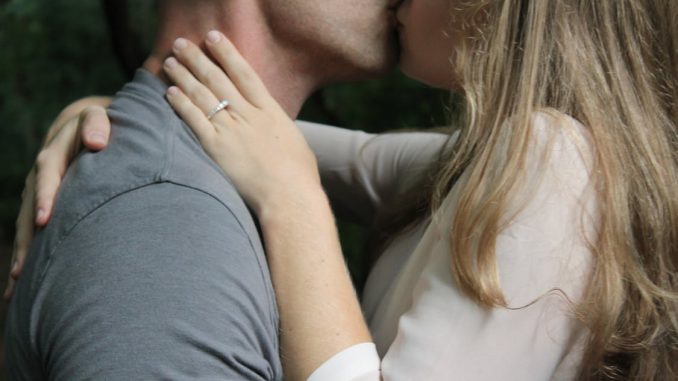
Content warning: sexual assault
Sexual wounding in abusive relationships can run very deep. Many clients come to see me after surviving sexual mistreatment and we work on learning about new approaches to sexual intimacy, consent, touch and creating new and healthy beliefs about sex.
The first step is to recognise the past sexual trauma and how it has shaped your sexuality. Sexual assault is defined as any unwanted or forced sexual act or behaviour without your informed consent, and in a relationship this is considered domestic violence and a criminal act. You are unable to give informed consent if you are asleep, under the influence of alcohol or drugs, unconscious, outnumbered or too intimidated to resist for fear of further harm.
Sexual woundings are used as a form of control and degradation. Some ways you may have be experiencing emotional wounds from sexual injury can be if your partner:
– Sexually cheated on you or takes intimate photos or videos of you without your consent.
– Uses sexually degrading insults, for example calling
you a ‘slut’, insulting your body, insulting the way you prefer sex, calling you unattractive or comparing your body parts to others’.
– Sexually humiliates you, makes jokes to others about your sex life, or gets you aroused and then ends the activity by insulting you.
– Has pressured you into sex you don’t like, refuses to wear condoms, restricts your access to birth control, or guilt tripped you into sex when you haven’t wanted to.
– Sexually assaulted or raped you, such as getting sex by not allowing you to go to sleep, threatening you with violence or ending the relationship until they got their way, withholding household finances, demeaning you to others, or making you have sex with other people.
One of the ways you can kickstart your sexual healing is to buy a journal and write how you feel you have been affected by a partner’s sexual wounding behaviour. We can really underestimate how much we can be emotionally injured from experiencing this abuse.
Common side effects can include depression, deriving no joy from your sexuality, feeling raw, feeling dependent on your partner, recurring memories or nightmares, body hatred, disassociation, anxiety, panic attacks or eating disorders.
Sexual healing is all about reclaiming what was done to you, and redefining your own sexuality and pleasure as something that you are in charge of. It is so rewarding to see my clients begin their sexual recovery journey, as it is such an isolating area bogged down with shame and stigma.
For many who have experienced abusive relationships, they may never have spoken to anyone about the sexual mistreatment they experienced at the hand of their partner. It’s important to remember, “This was not my fault”. Repeat after me: “There is nothing wrong with me. I have the right to heal and I will find a path to sexual wellness.”